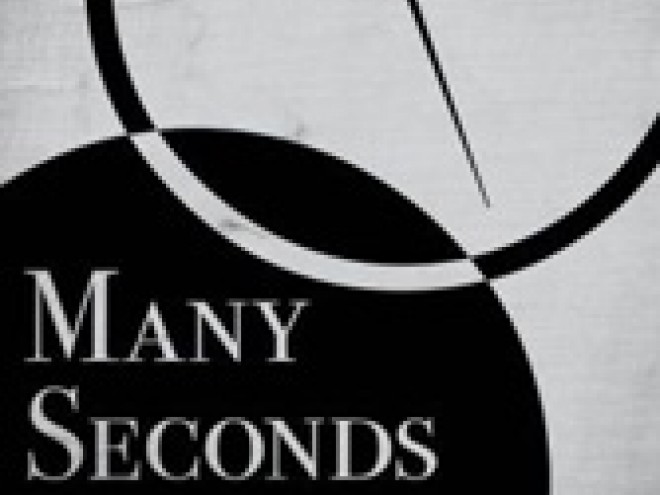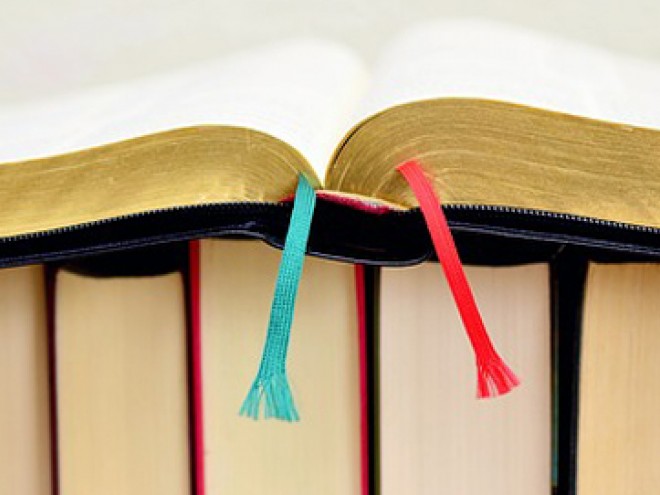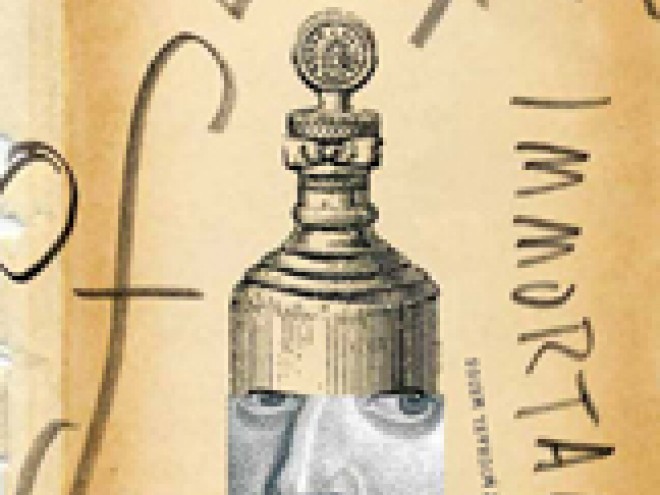Posted by Nat Bernstein.
Prayer doesn’t come easily to everyone. Whether one considers oneself religious, spiritual, observant, or curious, finding that optimum of space, intention, liturgy, and nirvana is for many a constant challenge, heightened by the stretch of High Holidays on which we embark this week. Jews of all affiliations and identities often feel a sense of urgency around this time, searching for a service, practice, or community that will house their spiritual needs during this holy week and a half.
 “The High Holiday liturgy, with its emphasis on sin and judgment, can strike a discordant note even for those who pray regularly during the year,” observes 2014 – 2015 JBC Network author Marcia Falk in her introduction to The Days Between: Blessings, Poems, and Directions of the Heart for the Jewish High Holiday Season. A worthy companion to her previous book of original liturgy, The Book of Blessings, Marcia has composed “inclusive, nonhierarchical” prayer specific to the Ten Days of Awe “for all those seeking to participate in Jewish civilization and culture without compromising intellectual or spiritual integrity… to speak to the widest possible spectrum of Jews seeing a new experience of the High Holidays.”
“The High Holiday liturgy, with its emphasis on sin and judgment, can strike a discordant note even for those who pray regularly during the year,” observes 2014 – 2015 JBC Network author Marcia Falk in her introduction to The Days Between: Blessings, Poems, and Directions of the Heart for the Jewish High Holiday Season. A worthy companion to her previous book of original liturgy, The Book of Blessings, Marcia has composed “inclusive, nonhierarchical” prayer specific to the Ten Days of Awe “for all those seeking to participate in Jewish civilization and culture without compromising intellectual or spiritual integrity… to speak to the widest possible spectrum of Jews seeing a new experience of the High Holidays.”
Offering original benedictions in both Hebrew and English, Marcia Falk guides her reader from the Rosh Hashanah feast through the sanctification of the new year, the Tashlikh ritual, meditations for each of the Ten Days, the pre-fast meal before Yom Kippur, and Yizkor remembrance to N’ilah, the closing of the Heavenly gates. An accessible explanation of the rituals attending each custom introduce each section, and the verses themselves do indeed “bring fresh language and meaning to the seasonal liturgy.”
 Marcia is joined in the 2014 – 2015 JBC Network by fellow blessing brewer Alden Solovy and his Jewish Prayers of Hope and Healing, a collection of selections from over 400 original prayers and meditations written since the sudden death of Alden’s wife, Ami. He offers sacred poetry for Hopes; Praises; Family; Love and Friendship; Meditations Near the End of Life; Yizkor and Memorial Prayers; 9/11 Remembrance; Facing the Holocaust and Antisemitism; Physical Healing; Surgery; Pregnancy and Fertility; Cancer; Critical Illness; Alzheimer’s, Parkinson’s, and Dementia; Addiction and Mental Illness; Hospice Care and Letting Go; Medical Science and Medical Professionals; Sorrows; Bereavements; and Surrender. Following his writing over the past several months — with all of the personal and global difficulties they contained — Alden’s gift for bringing comfort to others through words proved its mettle.
Marcia is joined in the 2014 – 2015 JBC Network by fellow blessing brewer Alden Solovy and his Jewish Prayers of Hope and Healing, a collection of selections from over 400 original prayers and meditations written since the sudden death of Alden’s wife, Ami. He offers sacred poetry for Hopes; Praises; Family; Love and Friendship; Meditations Near the End of Life; Yizkor and Memorial Prayers; 9/11 Remembrance; Facing the Holocaust and Antisemitism; Physical Healing; Surgery; Pregnancy and Fertility; Cancer; Critical Illness; Alzheimer’s, Parkinson’s, and Dementia; Addiction and Mental Illness; Hospice Care and Letting Go; Medical Science and Medical Professionals; Sorrows; Bereavements; and Surrender. Following his writing over the past several months — with all of the personal and global difficulties they contained — Alden’s gift for bringing comfort to others through words proved its mettle.
“A modern-day liturgist,” he writes,” is a witness to the essential longing that occurs in all of us during the most uplifting and the most devastating moments in our lives. A modern-day liturgist is a witness to the yearning to express our joys — and our fears — to a God, to a higher power, to the soul of the universe.”
 Modern-day liturgists are not limited to paper and pen, either: with the release of Popular Problems on his 80th birthday, Leonard Cohen reminded his faithful listeners and a whole new generation what a religious experience music can be. It seems no accident that this Cohen’s latest album came out this week, just in time to inspire reflection and spiritual serenity as we approach the Ten Days of Awe. In his posts on The ProsenPeople, 2014 – 2015 JBC Network author Liel Leibovitz wrote about accepting Leonard Cohen as his personal savior—in lieu, almost, of a bar mitzvah — and on the relative experiences of rock ‘n’ roll and religion. These essays expound on Liel’s current book, A Broken Hallelujah: Rock ‘n’ Roll, Redemption, and the Life of Leonard Cohen, an exquisite biography that elucidates the Jewish religious influences on Leonard Cohen’s oeuvre and articulates the redemptive, restorative quality of his poetry, lyrics, and music:
Modern-day liturgists are not limited to paper and pen, either: with the release of Popular Problems on his 80th birthday, Leonard Cohen reminded his faithful listeners and a whole new generation what a religious experience music can be. It seems no accident that this Cohen’s latest album came out this week, just in time to inspire reflection and spiritual serenity as we approach the Ten Days of Awe. In his posts on The ProsenPeople, 2014 – 2015 JBC Network author Liel Leibovitz wrote about accepting Leonard Cohen as his personal savior—in lieu, almost, of a bar mitzvah — and on the relative experiences of rock ‘n’ roll and religion. These essays expound on Liel’s current book, A Broken Hallelujah: Rock ‘n’ Roll, Redemption, and the Life of Leonard Cohen, an exquisite biography that elucidates the Jewish religious influences on Leonard Cohen’s oeuvre and articulates the redemptive, restorative quality of his poetry, lyrics, and music:
You feel the same hum at a Cohen convert that you do in a church or a synagogue, a feeling that emanates from the realization that the words and the tunes you’re about to hear represent the best efforts we humans can make to capture the mysteries that surround us, and that by listening and closing your eyes and singing along, you, too, can somehow transcend[…] He is attuned to the divine, whatever the divine might be, not with the thinker’s complications or the zealot’s obstructions, but with the unburdened heart of a believer — it’s not for nothing that he referred to himself in song as “the little Jew who wrote the Bible.” Millennia ago, as we began asking ourselves the same fundamental questions we still ponder, we called men like him prophets, meaning not that they could foresee the future but that they could better understand the present by seeing one more layer of meaning to life. The title still applies.
If you’re struggling to find the spiritual serenity you seek as we approach and enter into the new year, throw on a Leonard Cohen record, read A Broken Hallelujah, and sift through The Days Between and Jewish Prayers of Hope and Healing. You might just find something that works.
Related content:
Nat Bernstein is the former Manager of Digital Content & Media, JBC Network Coordinator, and Contributing Editor at the Jewish Book Council and a graduate of Hampshire College.



